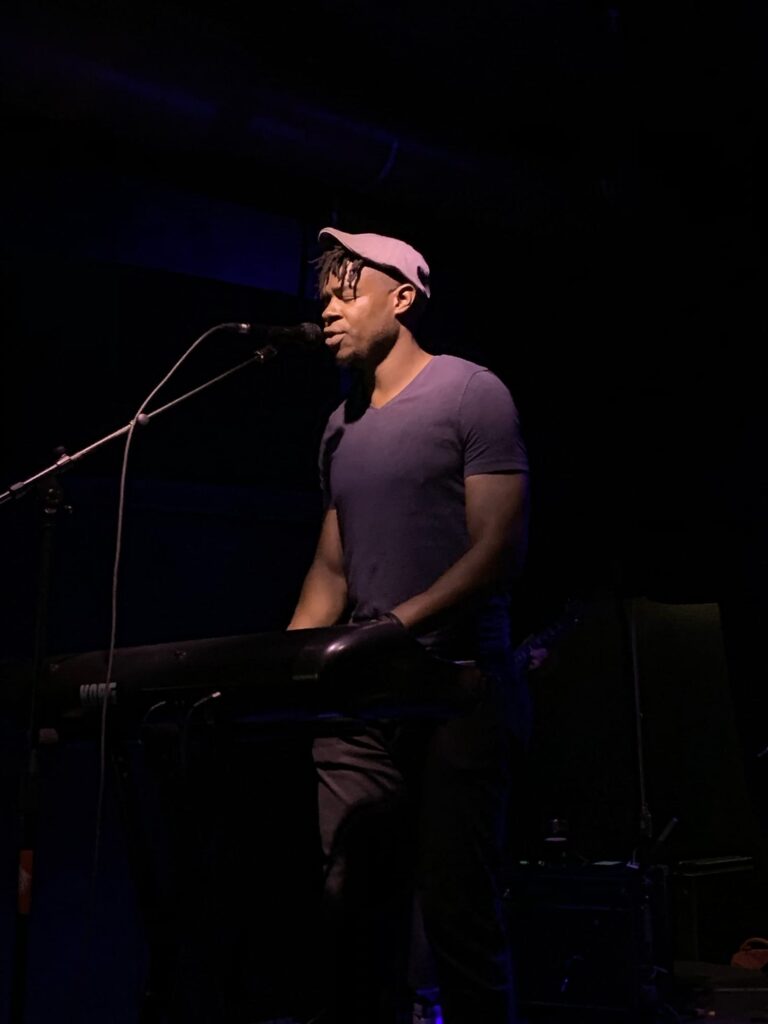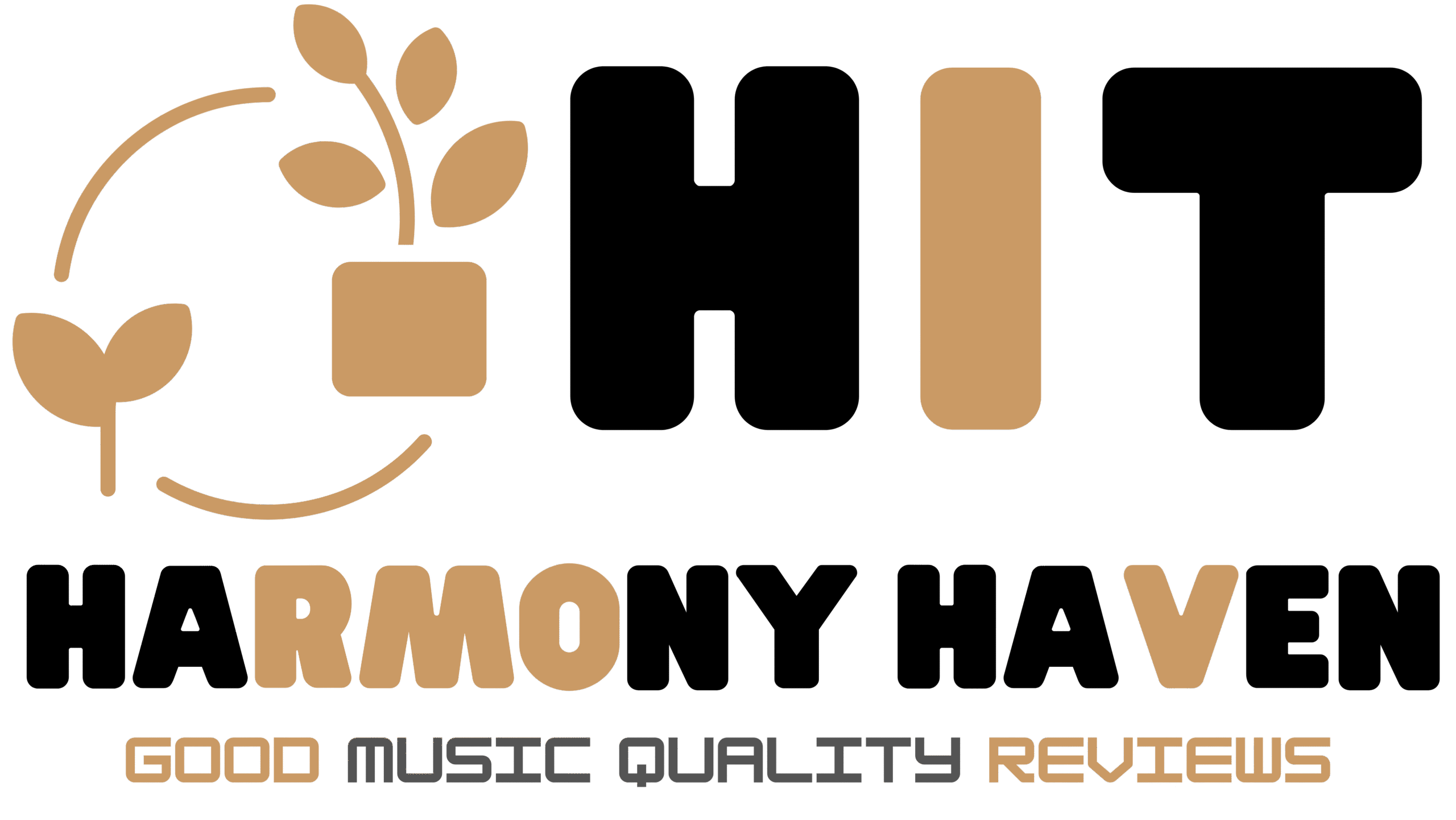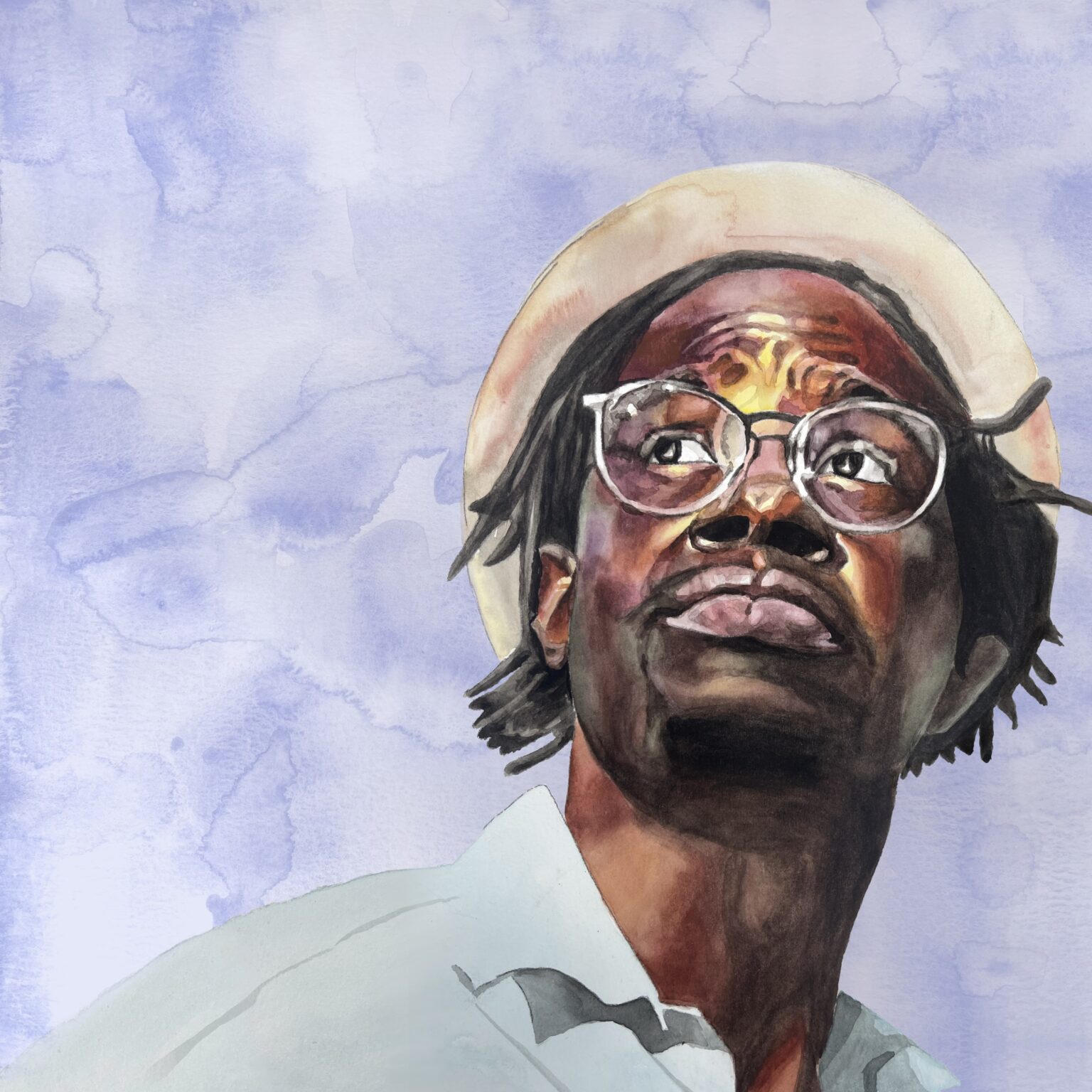When an artist spends six years carving out a body of work, you know it won’t be just another album but a chapter of life, a vessel of memory, and a statement of resilience. That’s exactly what Lee Clark Allen delivers with “My World Is Yours,” his debut LP. Across twenty tracks, the Duluth-born, Denver-based singer-songwriter unfurls a soulful journey that is as much about survival as it is about celebration. The album, released on September 19, 2025, carries the DNA of his hardships and triumphs: from homelessness and grief to marriage, fatherhood, and moments of public recognition. Every note feels earned, as if the songs themselves are proof that he has weathered storms and chosen to keep standing.
The record opens with “Alive,” and it’s hard to imagine a more fitting starting point. It’s a declaration, a reminder that existence itself is worth singing about. Co-produced with Terrence André Bearfield, the track sets the soulful, piano-centered tone that threads through much of the album. Allen’s voice carries shades of John Legend and Anthony Hamilton, but it never feels imitative—rather, it is his lived experience that sharpens the edges of his delivery. “Little Fish Little Bread” follows, a song that plays with metaphor and groove, pulling listeners into Allen’s world where simple sustenance doubles as spiritual nourishment. These first songs invite you in gently, offering comfort before the heavier emotional lifts arrive.
The title track, “My World Is Yours,” cements the album’s core theme: generosity of spirit in the face of adversity. It’s autobiographical, yes, but it also stretches toward universality. The arrangement swells with warmth, drawing on lush harmonies and steady piano chords that recall the likes of Bill Withers and Ray Charles. This is Allen at his most open-handed, presenting his experiences not as a burden but as an offering. In “Ebb & Flow,” he pivots, using the rhythm of tides as a metaphor for resilience, recognizing that life’s setbacks are as natural as its victories. The instrumentation leans into jazzy textures, offering one of the more playful yet reflective cuts on the record.
Allen isn’t afraid to bare his rawest edges, either. “Night I Just Can’t Sleep” and “I Get Weak” confront sleepless nights, doubt, and the weight of vulnerability. Instead of cloaking these feelings, Allen leans into them, using stripped-back production to highlight his voice. These songs speak to anyone who’s wrestled with mental and emotional exhaustion, offering solidarity rather than solutions. Then comes “Dice,” featuring Donovan Marcel Blot, where Allen experiments with hip-hop’s rhythmic grit, proving his versatility. The song lands like a gamble on survival, fittingly mixing risk with swagger.
The middle section of the album is where Allen stretches his palette widest. “S.I.I.T. (Said I’m In Trouble)” is groove-heavy, bringing an almost Prince-like flair, while “Therapy” slows the tempo to a heart-on-sleeve ballad that feels confessional. It’s one of the album’s standout tracks, not just for its honesty but for its arrangement, where strings and subtle percussion build toward catharsis. “Lottery Interlude” and “James’s Way Interlude” serve as palate cleansers, showcasing Allen’s knack for narrative pacing in an album format. By the time “Then Comes You” and “Date Night” arrive, listeners are rewarded with joy, romance, and levity—proof that even after hardship, love and laughter can reclaim their place.
Toward the album’s close, Allen offers some of his deepest reflections. “Prayin’ Betty” and “Deal (Say Less)” bring gospel influences to the forefront, affirming faith as a cornerstone of his journey. The choir-like harmonies and soulful vocal layering are pure uplift. “Little Prayer,” co-produced with Bearfield, strips everything back again, as if to leave listeners with nothing but Allen’s voice and conviction. Finally, the closer, “U & I,” feels like the perfect resolution—intimate, tender, and hopeful. After navigating so many moods, styles, and emotional terrains, Allen leaves us with connection, as if to say: all the hardship was worth it if it brings us closer together.
Part of what makes “My World Is Yours” resonate so deeply is the constellation of contributors who orbit Allen’s vision. Bassist Brett Kitchens adds grounding, while background vocalists like Britney Crutchfield, Jenny D, Janeka Taylor, and Angelica J.M. Clark fill the album with color and depth. Mixing engineer Justin Long ensures the polish doesn’t strip away authenticity, striking a balance between studio clarity and lived-in warmth. The collaborative spirit here doesn’t dilute Allen’s voice, but amplifies it, reminding us that community is often what carries us through life’s hardest seasons.

Sonically, the album draws from a wide well of influences—Daniel Caesar’s tonal sweetness, Nina Simone’s fearless storytelling, Donny Hathaway’s emotive reach, and Prince’s knack for hooks all echo faintly. But Allen doesn’t simply borrow; he integrates. His music feels like a tapestry woven with threads of R&B, gospel, soul, and even pop, always anchored by his piano and his ability to turn life’s receipts—his own term for lived experiences—into melodic testimony. The album’s sheer length, twenty tracks, might feel ambitious for a debut, but it reflects the years of gestation behind it. Allen had a lot to say, and instead of paring down, he chose to give us the full picture.
In the end, “My World Is Yours” is a document of endurance, a love letter to resilience, and a mirror for anyone navigating the rough edges of existence. It’s deeply personal and generously universal, inviting listeners to witness Allen’s journey and locate their own within it. The album proves that out of deferred dreams, family loss, and even homelessness, beauty can be created, and stories can find new life in song. Lee Clark Allen has given us a music and a world, and in naming it ours, he ensures that it belongs to everyone who listens.
For more information, follow Lee Clark Allen:
Website – Facebook – Spotify – Soundcloud – Bandcamp – YouTube







